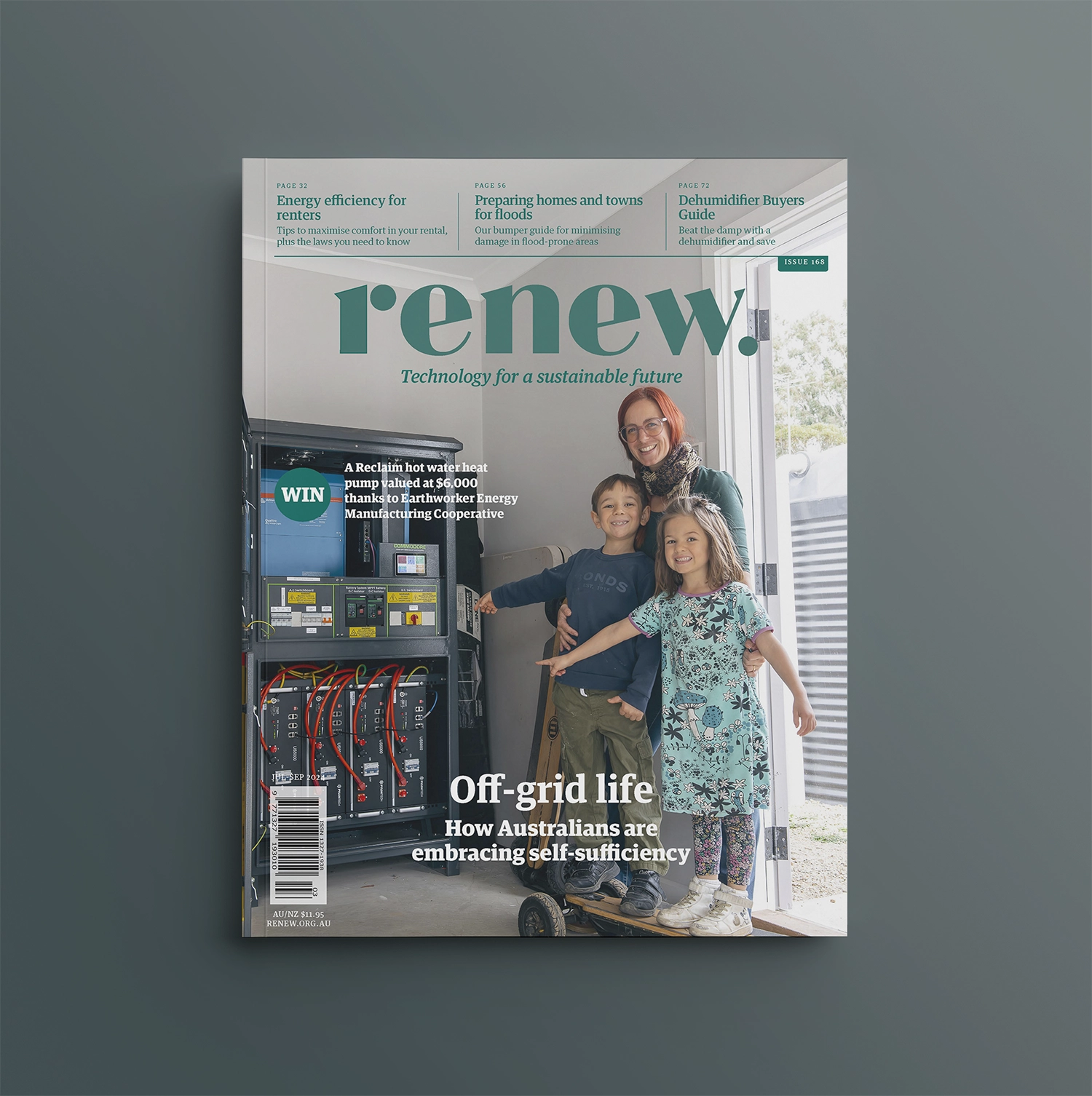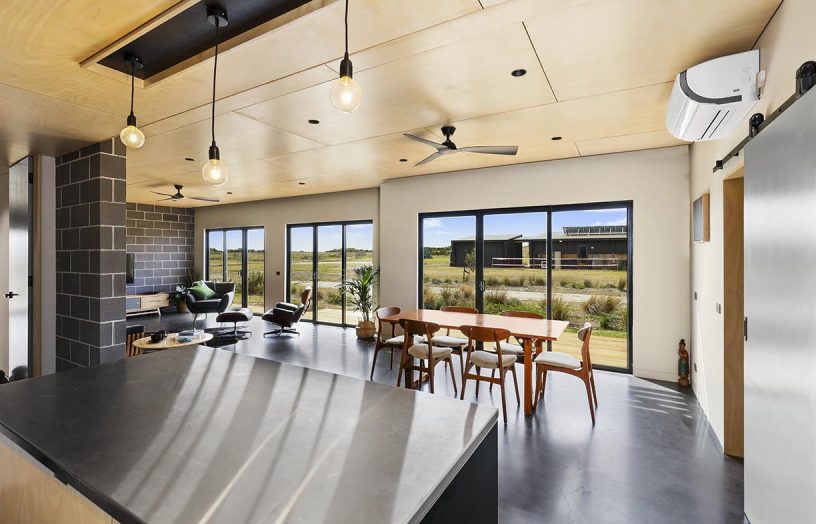Save money and the environment by going all-electric
Many Australians are disconnecting their homes from the gas grid so that they never receive another gas bill and save hundreds of dollars per year in fixed supply charges alone. How much you save by going-off gas will depend on the thermal performance of your home, the electricity price you negotiate with your retailer, and the efficiency of your appliances. Homes with solar electricity stand to save even more. Read on to find out why an efficient electric home can save you money and help the environment, or consider using Renew’s Advice Services to help you plan an efficient electric home.

The environment is better off if we use less gas in our homes, and so is your hip pocket. The Grattan Institute found that a large home in Melbourne can save $1,024 per year by disconnecting from the gas grid, but switching off just one appliance can make a difference.
Gas prices have gone up since Australia commenced gas exports from Gladstone, Queensland in 2015. This dramatic change in the gas market means the price you pay for gas is now linked to higher international prices.
Gas used to be seen as clean energy, too, at least when compared with burning coal. However, these days, gas is extracted from coal seams and shale layers beneath agricultural land, sometimes using the highly invasive method of hydraulic fracturing or “fracking”. These methods can have significant environmental and agricultural impacts.
Renew has been investigating this shift in the gas market and its impact on households for a number of years now. Find out more about the economic and financial impact of household gas use in the Household Fuel Choice report.
Around one quarter of Australian homes already have a household solar electricity system. With careful planning, many households can turn off their gas supply altogether, and associated connection charges, by using solar electricity in conjunction with modern electric appliances.
This is what we call the All-Electric Home, and you can see examples of these homes in Renew’s All-Electric Homes booklet.
You can still go all-electric at home without a household solar connection. Consider replacing your gas appliances and purchasing 100 per cent GreenPower to cover your energy use.
New homes that are all-electric and have solar power will save their owners thousands of dollars compared to new homes with dual fuel (gas and electric) and no solar, according to a report by Renew.
The Household Fuel Choice in the National Electricity Market report found owners will be between $9,000 – $16,000 better off over 10 years if they establish their new home as all-electric with a 5-kilowatt solar system rather than gas-electric with no solar.
New homes with efficient electric appliances like heat pump hot water systems, split-system air-conditioners and LED lighting working with large solar systems make sense economically, according to the report.
One household shared their experience switching off gas appliances and the savings they made in the Renew magazine article Gas days over: Money-saving results in Melbourne.
Heating, hot water and cooking are the three leading gas energy users in the home, but there are efficient electric appliances on the market now that can replace these gas appliances and save you hundreds each year on bills.
Reverse-cycle air conditioners are based on very efficient heat pump technology and can be used on heating mode in winter to replace gas heaters and under-floor-ducted gas systems. Heat pump hot water systems are also an efficient way to use renewable energy to meet your hot water needs. Your kitchen can also be gas-free if you use an electric oven and modern electric induction cooktop, which uses a magnetic field to turn your pot into the cooking element. Induction cooktops look great, are easy to clean, and are safer than cooking with gas because there is no open flame. Renew magazine’s mini guide to induction cooktops has more information.
Find out what you need to know about heat pumps, heaters and more in Renew’s guides and booklets including the Efficient Hot Water booklet, the Green Home Heating ebook, as well as Renew magazine’s buyers guides.
Many Australians are unaware that when they installed a reverse-cycle air conditioner to keep their home cool in summer, they also installed the most economical way to heat their home.
Widely-used and known simply as heat pumps in colder regions of the world, reverse-cycle air conditioners can heat as well as cool.
For every one part of electricity you buy to run a heat pump, up to five parts of free renewable heat, a form of solar energy, are collected from the air outside your home, for a total of six parts of space heating overall. In this way, heat pumps can be up to 600 per cent efficient.
On the other hand, gas heaters are much less efficient, especially for older and poorly maintained under-floor-ducted gas systems. Half or more of the energy contained in the gas can be immediately lost – essentially thrown away – as the gas is burned and as heat is distributed throughout the ducts and around your house.
In order to make the most of your investment year-round, talk to a range of air conditioner suppliers about which model to buy and how to best position it in your home for effective summer and winter use.
We regularly publish articles on efficient reverse-cycle heating and cooling in our magazines: see Beyond solar PV: renewable heat in Renew magazine, and Stay warm this winter with efficient heating in Sanctuary magazine.
An all-electric home has no gas connection, and can reduce your bills and ‘green’ your energy use, particularly if you run your house from the sun.
By using modern electric appliances, your home can be converted to use 100 per cent renewable energy, whether you generate your own electricity with rooftop solar or purchase 100 per cent GreenPower from your electricity retailer.
We look at the three major efficient electric appliances you need to consider to go off-gas in the Efficient Electric Appliances question above.
There’s more to an electric home than appliances, though. For many Renew members who’ve made the switch, all-electric living is about having a well-designed solar electricity system to cover household needs, a thermally-efficient house to reduce energy use and negotiating the best rates with your electricity retailer to keep bills low.
Issue 140 of Renew magazine looks at all-electric homes in detail, in particular the article Capital improvements: the path to all-electric, which explains the gradual path that one household took to going all-electric.
Also read Planning ahead: three steps to all-electric for more tips and advice.
There’s a lot to learn about reducing gas use and switching your home to use electric appliances in our magazines and booklets. Issue 140 of Renew magazine is an All-electric special with several articles on the topic, and is available from the Renew webshop.
Further articles can be found by searching the Efficient Homes category on the Renew magazine website, and the Energy and Appliances section of the Sanctuary magazine website.
Renew’s All-electric homes ebook is a compilation of some of the best articles on the topic from Sanctuary and Renew magazines.
Do your research, read as much as possible and consider using Renew’s Advice Services to help you plan an efficient home that’s low on bills.
LATEST ARTICLES
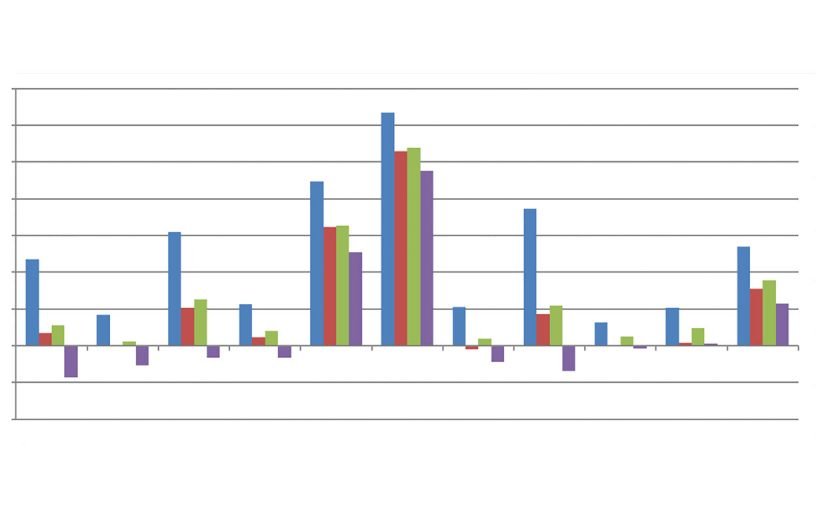 Efficient homes
Efficient homes
Gas versus electricity: Your hip pocket guide
The results of ATA’s latest study on the economics of switching to electricity from gas for heating, hot water and cooking, for both solar and non-solar homes.
Read more Buyers guides
Buyers guides
No longer cooking with gas: Induction cooktop mini guide
Induction cooktops can make converts, with power and performance as good as or better than gas. We look at the features to consider when buying one.
Read more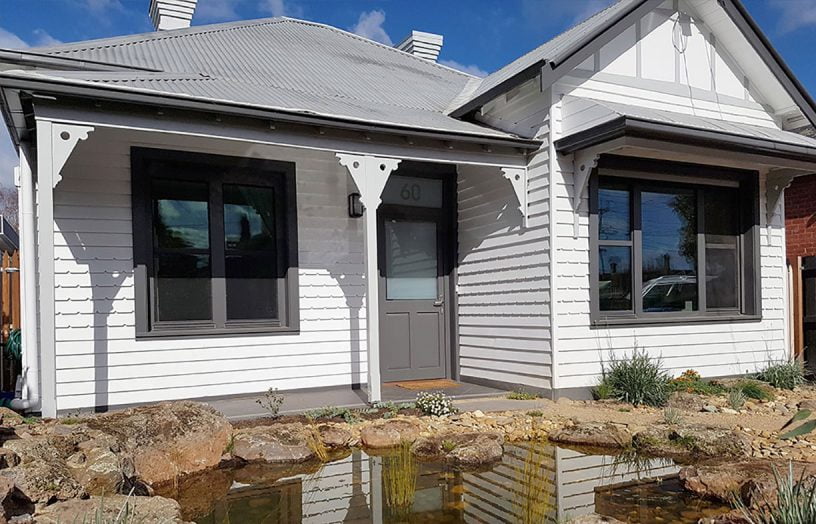 All-electric
All-electric
All-electric and hydronic: A model of efficiency
There's a lot to learn from this highly insulated and well-sealed renovation in Melbourne, not least how a heat pump is providing both hydronic heating and hot water. Cameron Munro explains the house's modelling-led upgrades and the tweaks made along the way.
Read more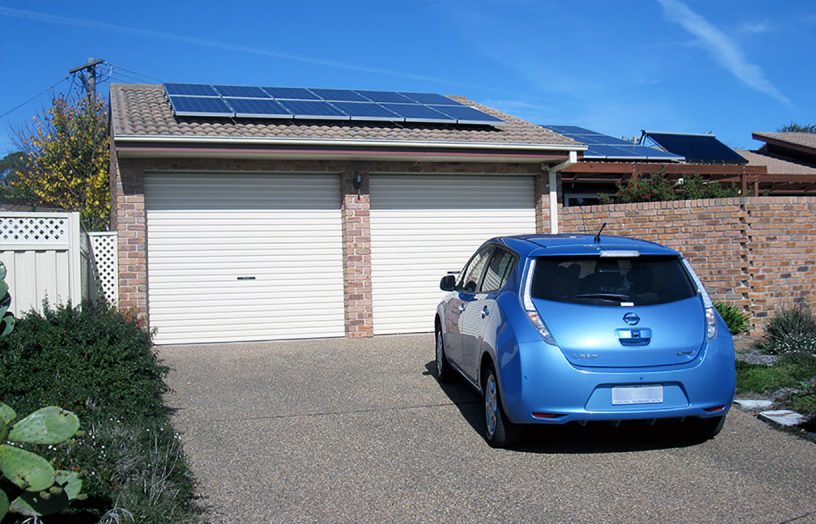 All-electric
All-electric
Capital improvements: The path to all-electric
Switching to electric appliances wasn’t really thought of as economically or environmentally beneficial 10 years ago when Ben Elliston’s household started their efficiency improvements, so theirs has been a gradual path to all-electric.
Read more
